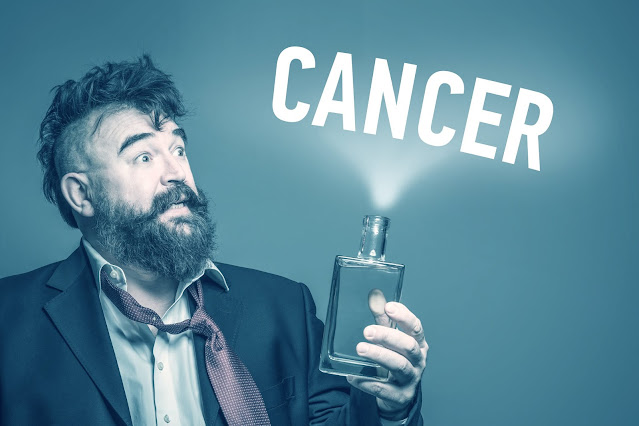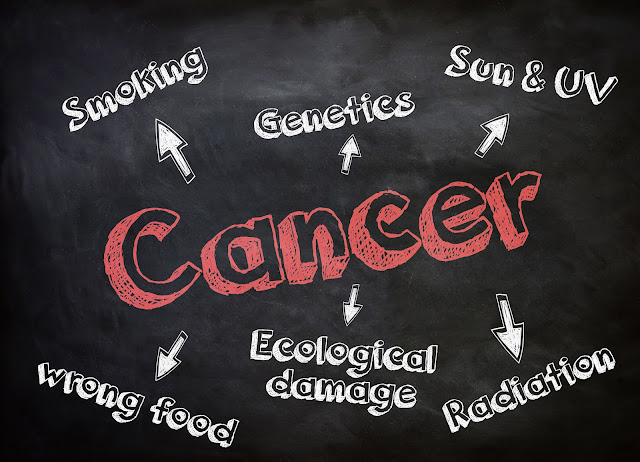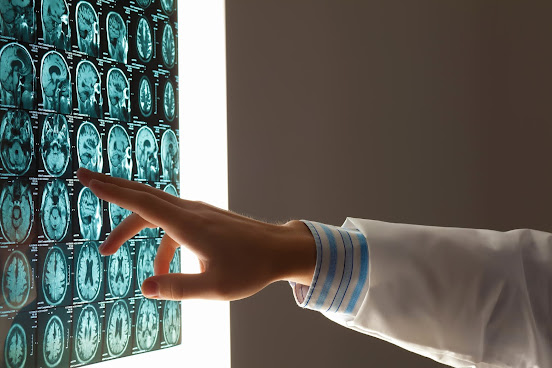Link between Alcohol Drinking and Cancer
There are various factors that increase the risk of cancer such as age, diet, hormones, obesity, sunlight and radiations. Some of the risk factors are modifiable. We can easily prevent them with our little efforts.. It is always better to prevent a disease even if effective treatments are available nowadays.
Alcohol consumption is one of the significant risk factors associated with cancer development that can be prevented. It further increases the risk if it is done along with tobacco consumption. Various studies have shown its strong association with cancer risk.
In this blog we will discuss:
- Why can alcohol be harmful?
- Types of cancer associated with alcohol consumption
- Does cancer risk decrease if a person stops drinking alcohol?
- Conclusion
Why can alcohol be harmful?
Alcohol gets into our cells easily and thus, it can damage our DNA, which leads to various changes in our body such as:
The breakdown of ethanol in alcohol inside the body results in a compound called acetaldehyde that damages the DNA and prevents the repair. On damage to DNA, cells begin to grow out of control resulting in the development of tumours.
Alcohol can increase the levels of estrogen in women that triggers the tumour growth.
Alcohol consumption adds lots of calories leading to weight gain. Obesity is associated with various types of cancer.
You can also read: An association between Alcohol consumption and Cancer.
Types of cancer associated with alcohol consumption
- Cancers of the mouth, throat, voice box, and esophagus: Consumption of alcohol undoubtedly increases the risk of these cancers. Smoking and drinking collectively increases their risk many times in comparison to smoking or drinking alone. This happens because the alcohol can assist the chemicals present in tobacco enter inside the cells, which line the mouth, esophagus and throat. It also reduces the ability of the cells to repair DNA damage caused by the chemicals present in tobacco.
- Liver cancer: Long-term consumption of alcohol has been associated with raised risk of liver cancer. Regular, heavy drinking can damage the liver, causing inflammation that might increase the liver cancer risk.
- Colon and rectal cancer: The consumption of alcohol has been associated with an increased risk of colon and rectal cancer.
- Breast cancer: The use of even small amounts of alcohol is connected with a raised risk of breast cancer in women. It can increase the levels of estrogen in the body that may increase cancer risk.
Does cancer risk decrease if a person stops drinking alcohol?
Various studies show that stopping consumption of alcohol is not linked with sudden decrease in cancer risk. The risks decrease with time, however, it may take years for the risks to return to those of who have never consumed alcohol.
Read more by clicking click here.
Conclusion
The only way to reduce the cancer risk associated with alcohol is to stop its consumption and never drink if you have not started. If you have a habit of drinking then consult your doctor for a treatment plan and opt various measures that can help you to stop alcohol use.




Comments
Post a Comment